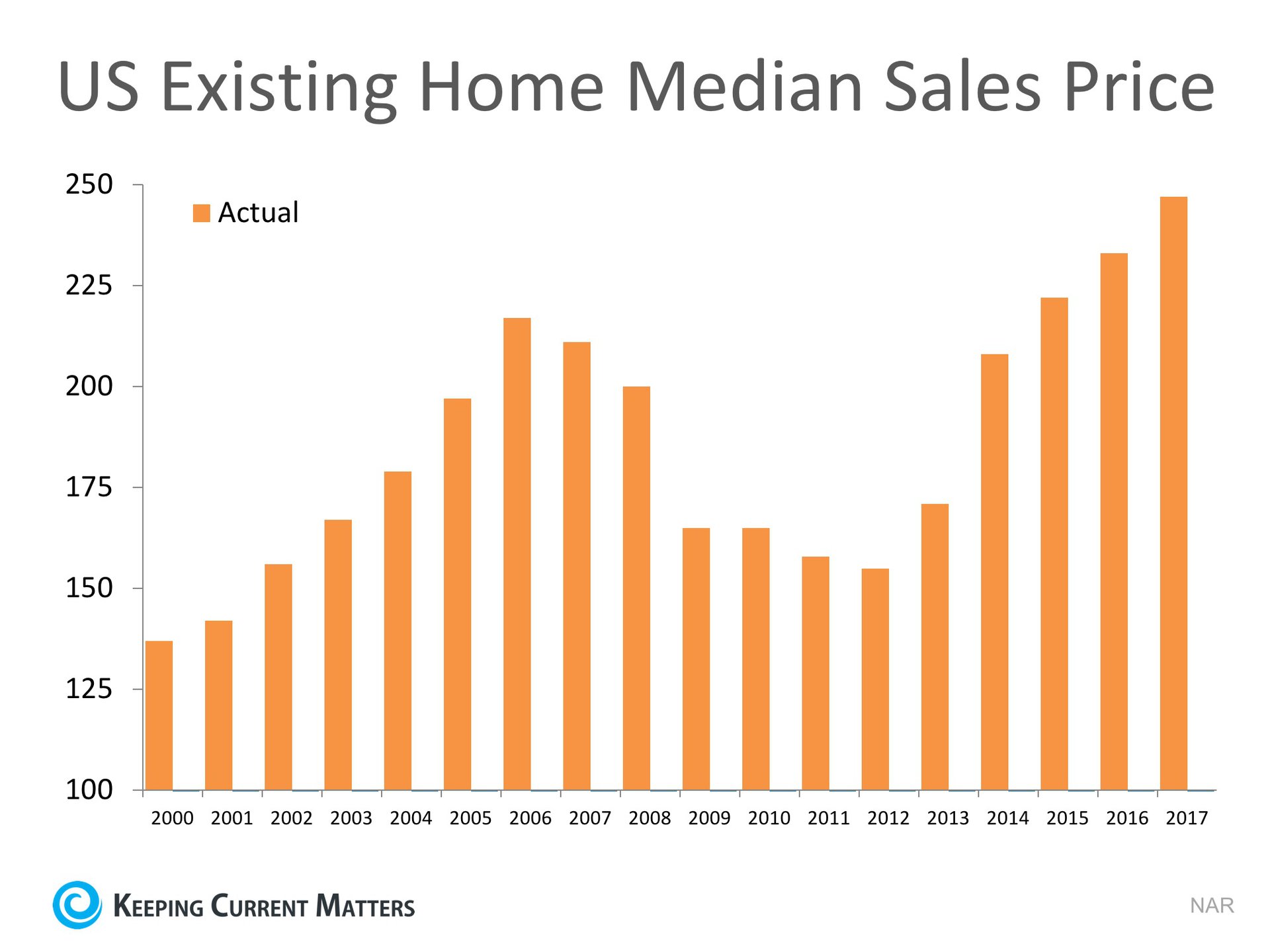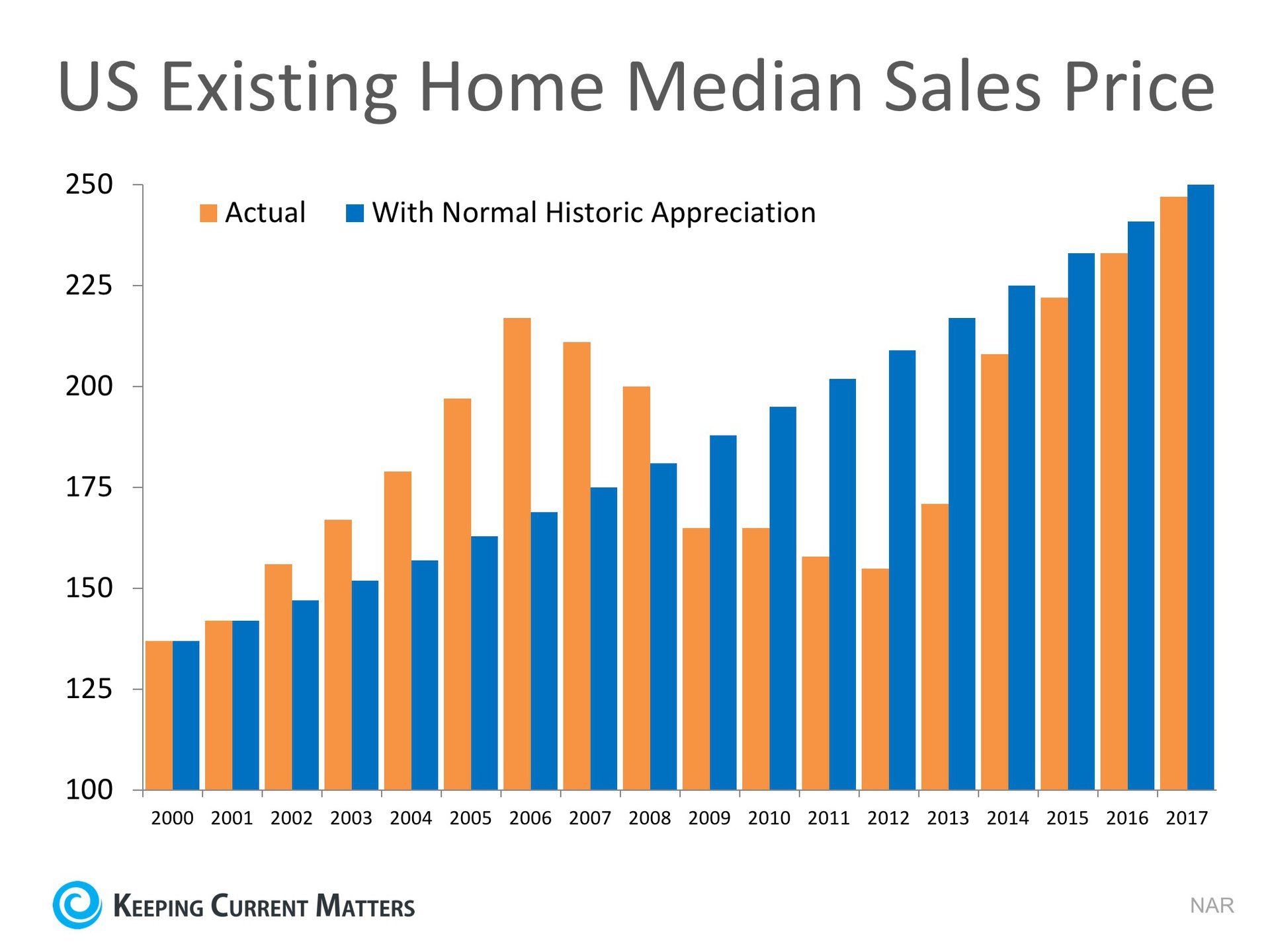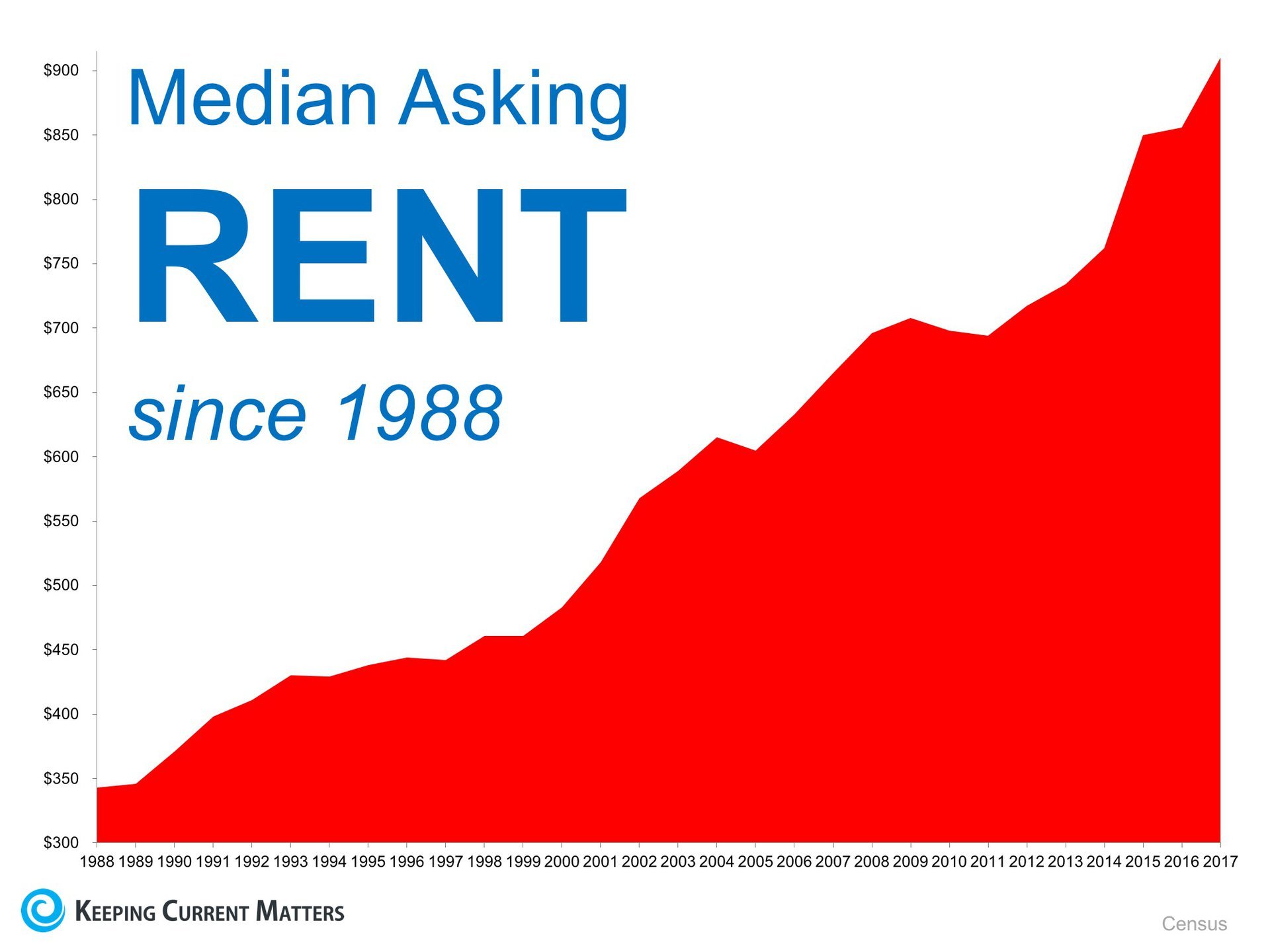Thinking about buying a house within the next 3 years? Or a bit farther down the road? Timing is everything and it turns out that simple question makes a difference.
According to Zillow, the median home value in Diamond Bar is $697,000. So how much of that should you put down? Down payments vary depending on the loan type, but in general they are:
*0% for VA loans
*3.5% for FHA loans
*20% for conventional loans
20% is the recommended down payment on a house.
You may have heard this before, but we'll say it again. Try to put at least 20% down. Why? If you finance more than 80% of the home value, you will have to pay Private Mortgage Insurance (PMI). (But if you can take out a VA loan, PMI is not required.)

Even just 3.5% or $24,395 on a home in Diamond Bar, CA is a good chunk of money. And whether you're fighting the good fight as a small business owner, still paying back those student loans, or just trying to save a bit each month like all of us, it's hard to know what to do with that money you have managed to save. Which brings us to …
When are you looking to purchase a home?

1. I want to buy a home within 3 years.
If you're looking to buy sooner rather than later, consider keeping your money in a cash account, like a savings account or something similar. Remember that savings accounts will yield greater interest than a regular checking account. You don't want to invest this money for such a short period because of market volatility. Just think:
Imagine you've built up a decent amount for a down payment and you invested this money in the stock market. A recession comes and you take a 30% hit on your balance. That will likely prevent you from buying your home within your three-year goal.

2. I want to wait at least 4 years before buying a home.
If you're not in a big rush, investing in the market might be a better option for you. Should you invest, do so with caution and don't be too aggressive. Be smart, calculated, and balanced with your portfolio picks. Make sure you have a healthy mix of stocks and bonds. And keep in mind that you'll want to rebalance your portfolio at least once a year. Why?
Imagine that you have a portfolio of 10 different stock and bond ETFs, or
Exchange-traded funds. Each ETF is invested at a fixed percentage of your overall portfolio. As the year goes on, the allocations will wander from their targets. Those doing well will become a larger part of your portfolio. Those not doing so well will become a smaller part of your portfolio. When you rebalance, you bring things back in line with your target percentages, so you're selling high and buying low.

Also keep in mind dollar-cost averaging, or investing a certain fixed amount on a regular schedule. Basically, you buy a larger number of shares when the markets are down and everything is at a lower price, and fewer shares when prices are high. This is recommended over making large, infrequent, lump sum contributions because it will bring the average cost per share down over time.
If these investing ideas are a bit daunting to you, you're not alone! Speak with a financial planner to help you evaluate your options and navigate these uncertain waters. An advisor can be just the direction you need to reach your goal and buy a house.
Source: Realty Times | David Yu, CFP 030618

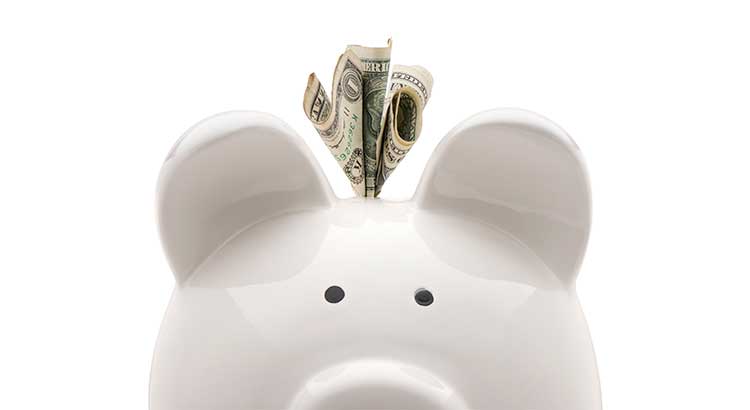
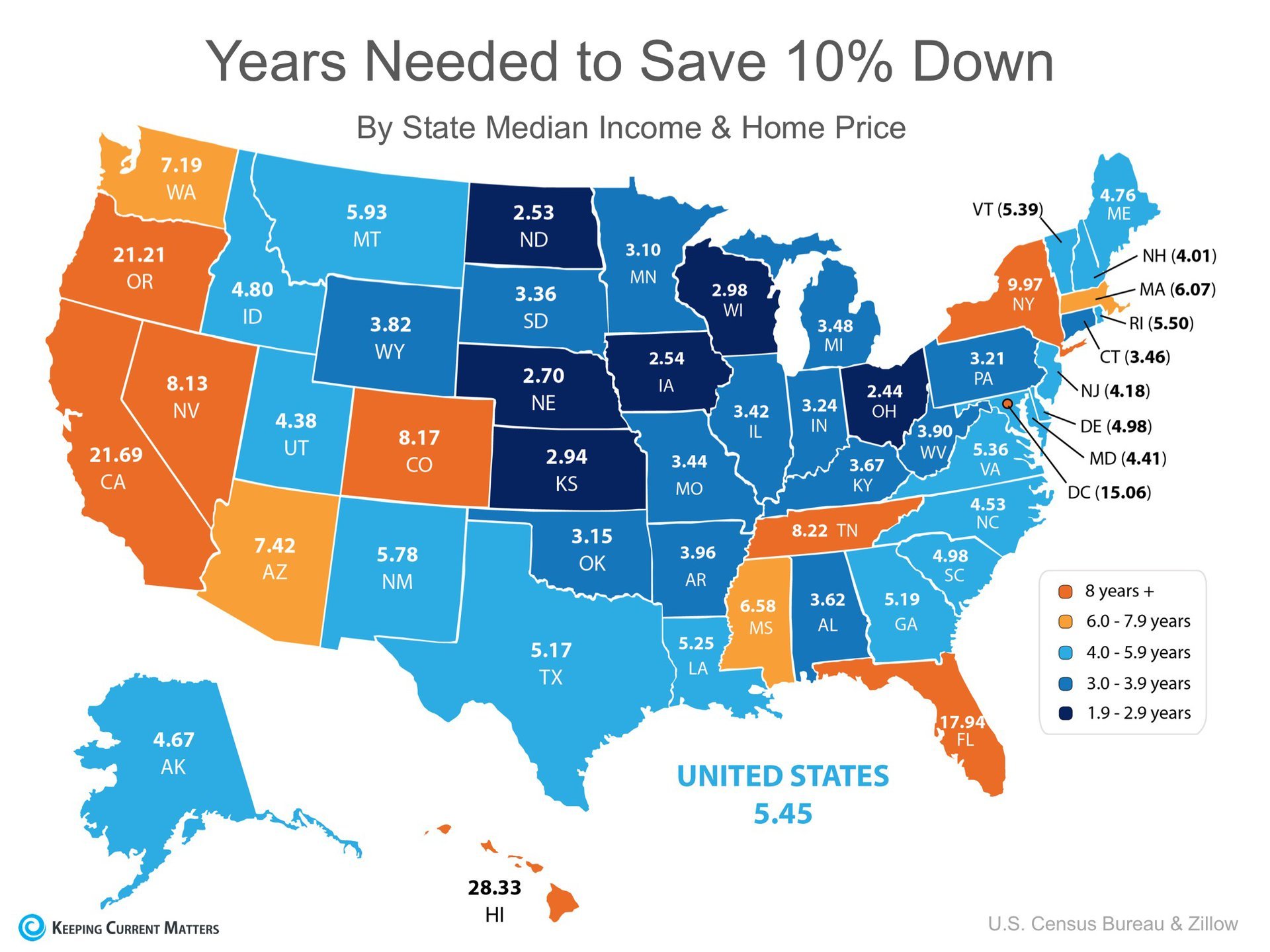
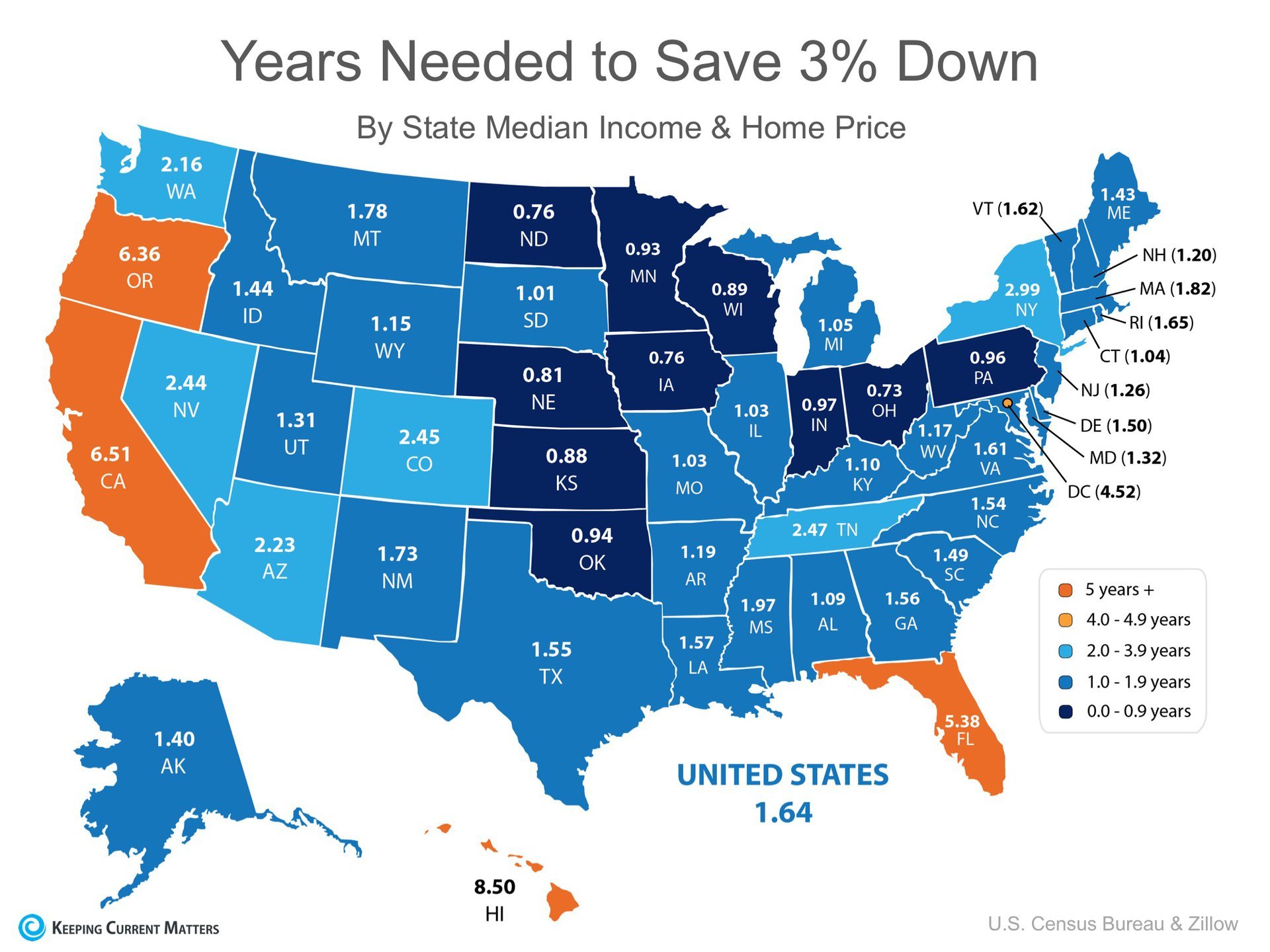

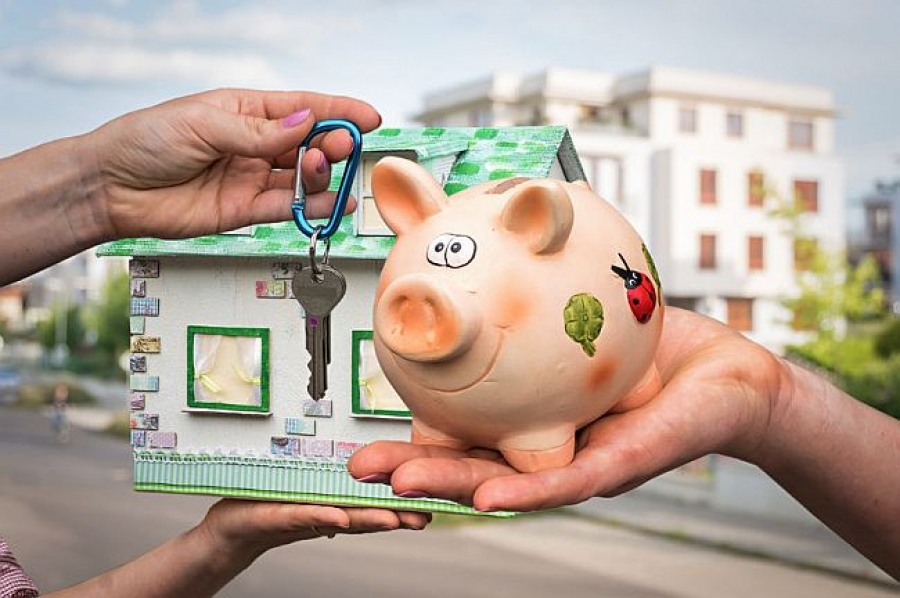

![4 Reasons to Sell This Spring [INFOGRAPHIC] | Keeping Current Matters](https://files.keepingcurrentmatters.com/wp-content/uploads/2018/02/23163551/4-Reasons-To-Sell-Spring-KCM.jpg)

